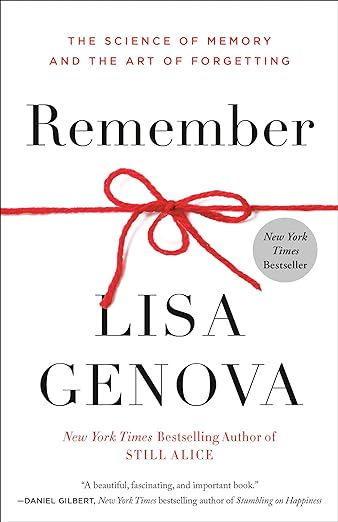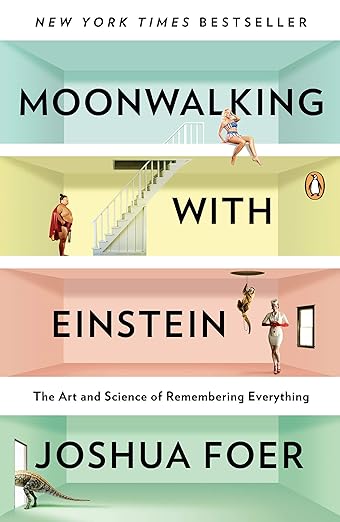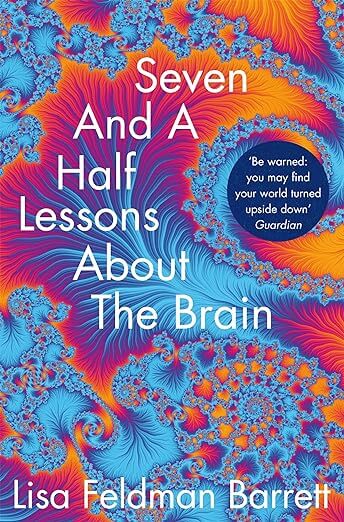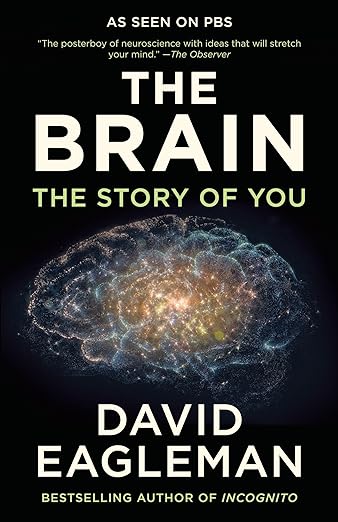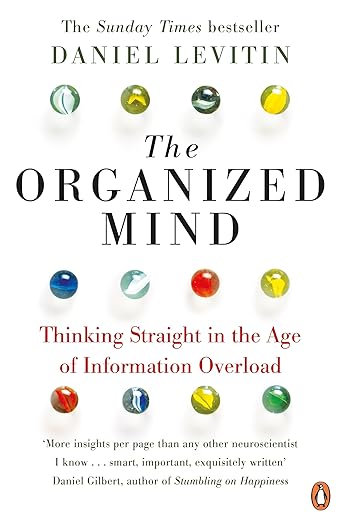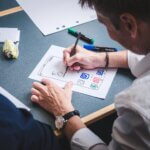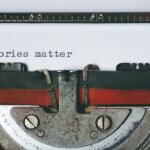After my first bout of Covid, I struggled with brain fog. My thinking was fuzzy and I felt like a scatterbrain which is something I wasn’t used to. I also experienced memory problems, like forgetting where I left my car keys, inadvertently switching travel details which meant having to pay extra changing them back, and just generally feeling spaced out and confused. I thought I was having early onset dementia!
I wanted answers. So I searched for a book that specifically focused on how memory works. I found one in Lisa Genova’s “Remember, the Science of Memory and the Art of Forgetting“.
Genova’s book delves into the intricate world of memory, exploring how memories are formed, stored, and sometimes forgotten. Her insightful and heartfelt (so so good you wouldn’t want to put it down) writing provides a comprehensive look into the science of memory, its connection to our identity, and the ways it can be affected by various factors. She has the ability to make complex neurological concepts accessible to a general audience, blending scientific information with relatable examples and practical advice.
Learnings I remember
Here are the most important learnings I remembered from the book:
-
- Forgetfulness is normal. There is a difference between forgetting where you parked your car versus forgetting that you own a car (whew! This one was for me, the most comforting learning of all).
- The enemy of the memory is another memory. So the more memories you make in a day, the more memories your other memories have to compete with. And since the brain loves novelty, we don’t remember what we had for dinner last Wednesday unless it was a special dinner (like for a wedding anniversary).
- A story is a powerful memory crutch because it gives meaning and our brains love meaning. Stories make sense and give context of information and cluttered data.
- People will forget the details but not how you made them feel. So in a birthday party for example, your guests might forget the tie you wore but not how welcome you made them feel.
- Visualise. Make pictures. Well, what else can I say: pictures paint a thousand words!
- Create mnemonics. Or acronyms. Or anything that can help you remember: like putting the mail next to the door so you won’t forget bringing it to the mailbox the next day. This is like using eyeglasses when 20/20 is no longer an option.
- Sleeping is a super memory power. So make sure you hit your zzzzs in time!
How to use these learnings in communication practice
While I was reading the book, I realized that understanding how memory works is useful in the ever-changing world of communication. With lots of ways to communicate these days, and lots of channels to send our messages through, there’s just enough information we can handle!
Understanding how people process, retain, and recall information can be a game-changer. Genova’s profound insights into the workings of human memory can significantly enhance the impact of communication strategies.
Whether you’re a seasoned professional or new to the field, integrating these insights into your work can lead to more engaging and memorable campaigns. Start applying these principles today and see the difference in how your audience connects with your message.
In other words
Lisa Genova’s “Remember” is not just a guide to understanding memory; it’s a treasure trove of strategies that can revolutionize communication practices. By applying these neuroscience-backed techniques, professionals can create more impactful, memorable, and effective communication strategies that resonate deeply with their audiences. And the next time your boss asks you to over work, you can cite science-backed reasons to get more sleep! #
